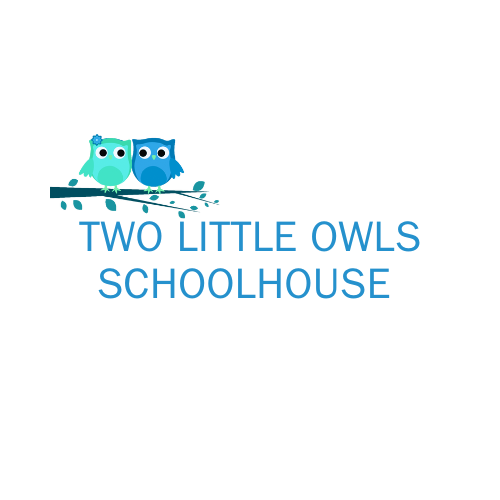Introducing Your Infant to Daycare: A Guide for Smooth Transitions
As a child developmental specialist and a fellow parent who recently has been preparing to send my little love off to school, I understand the mix of emotions that come with this milestone. IT. IS. HARD…and often harder on us parents than on our little ones. I recently had to sneak back into my office for a quick cry even before my baby started when our INCREDIBLE educators were making his cubby tag. But take heart, dear parents! I'm here to offer you some sweet and caring tips to help ease the transition for both you and your precious bundle of joy.
Build a Connection with the Caregivers: One of the most important aspects of daycare or preschool is the relationship between your child and their caregivers/teachers. Prioritize spending time getting to know them, sharing your child's preferences, routines, and any special needs they may have. This connection will bring comfort to both you and your little one, fostering a sense of trust and security. Above anything I encourage you to get into the classroom and meet the actual caregiver (not just the director of the program!). I always tell families that you will get a feeling when you find the right fit for you…trust your gut!!!
Introduce the Bottle Early and Often: To prevent any potential "hunger strikes" or feeding challenges, it's beneficial to introduce your baby to a bottle early on. This ensures they are comfortable with the transition from breast to bottle, allowing the caregivers to provide nourishment smoothly during daycare hours. I would also recommend having people other than Mom give the bottle. This will pay off in the long run! Don't worry; it won't hinder your bond or breastfeeding journey. In fact, it can provide a great opportunity for others to participate in your baby's feeding routine.
Establish a Familiar Routine: Infants thrive on consistency, so try to establish a routine that mirrors their home schedule as closely as possible. Ask the administrator to share a daily schedule (or even an approximate) and spend the weeks leading up to your start trying to acclimate. Tired/Hungry babies always take longer to adjust (of course!). Share your child's usual sleep patterns, feeding times, and any other rituals that bring comfort. This familiarity will help your baby adjust more easily to their new environment, providing a sense of reassurance amidst the changes.
Allow for Extra Comfort Objects: Sending your little one to daycare might make you feel like you're parting with a piece of your heart. To help them feel secure, consider sending along a familiar comfort object, such as a favorite blanket or a soft toy with your scent. (Ask your provider about what is considered safe in the crib…most children in a crib will not be allowed any items to maintain a safe sleep environment). These familiar items act as a source of solace during nap times and moments when they miss home.
Starting your infant in daycare is undoubtedly an emotional journey, but remember, you are not alone. Acknowledge that it can be harder on you as a parent than on your child- and give yourself ALL THE GRACE! Cry all of the tears in the parking lot…I can barely think of an infant parent who did not get emotional after the first drop. The teachers and caregivers at the daycare have chosen this profession because they genuinely care about your child's well-being and development…also going back to the gut feeling…if you are uncomfortable and feel that it is an unsafe environment, consider exploring a different option.
Take comfort in knowing that with time, your little one will adapt to the new routine, form loving bonds with their caregivers, and flourish in this enriching environment. As you embark on this adventure, remember to be patient with yourself; you're doing an incredible job, and your love and care will always shine through, no matter where your baby spends their days.
Big Love to all the Parents out there! We can do hard things!
<3
SolBe Mar

